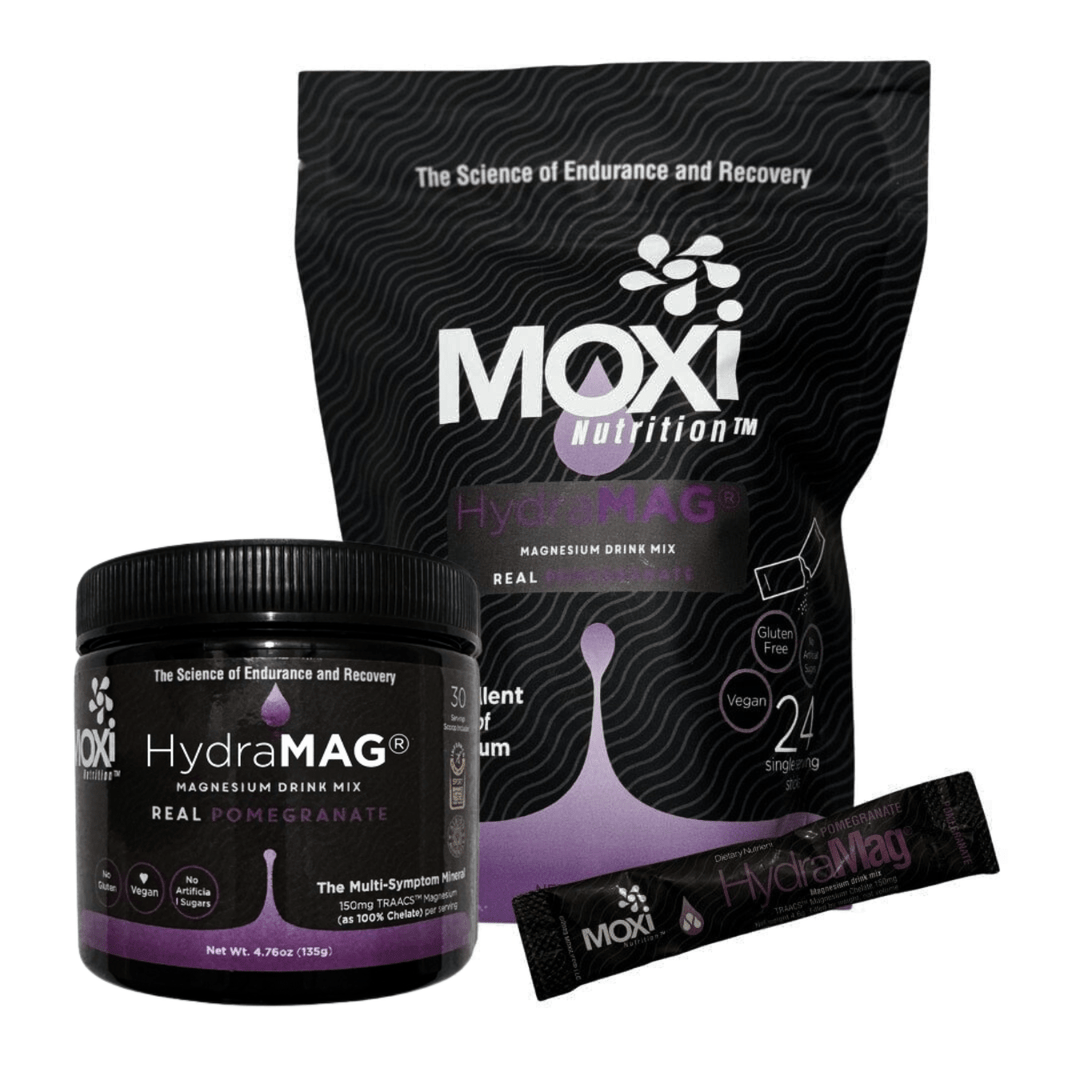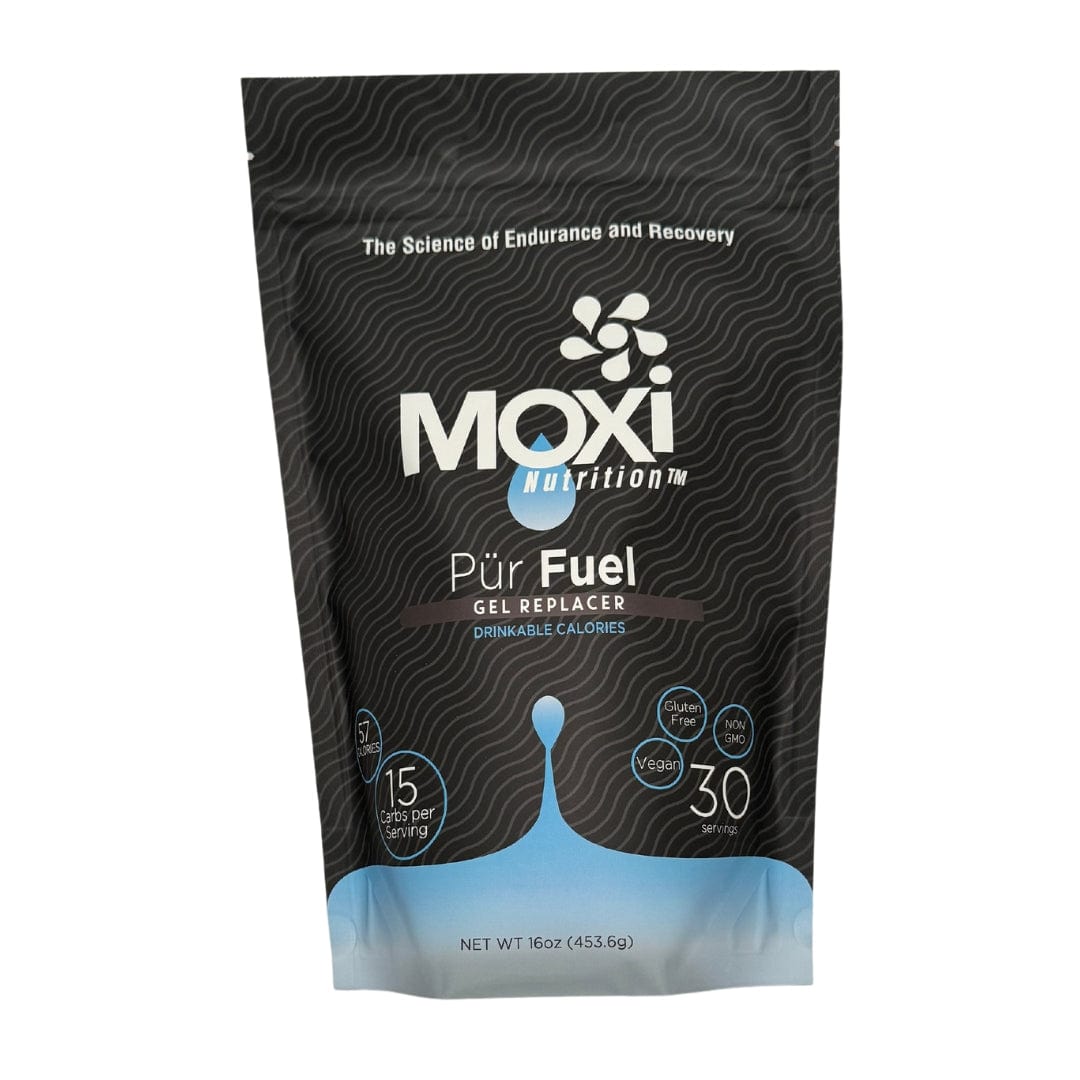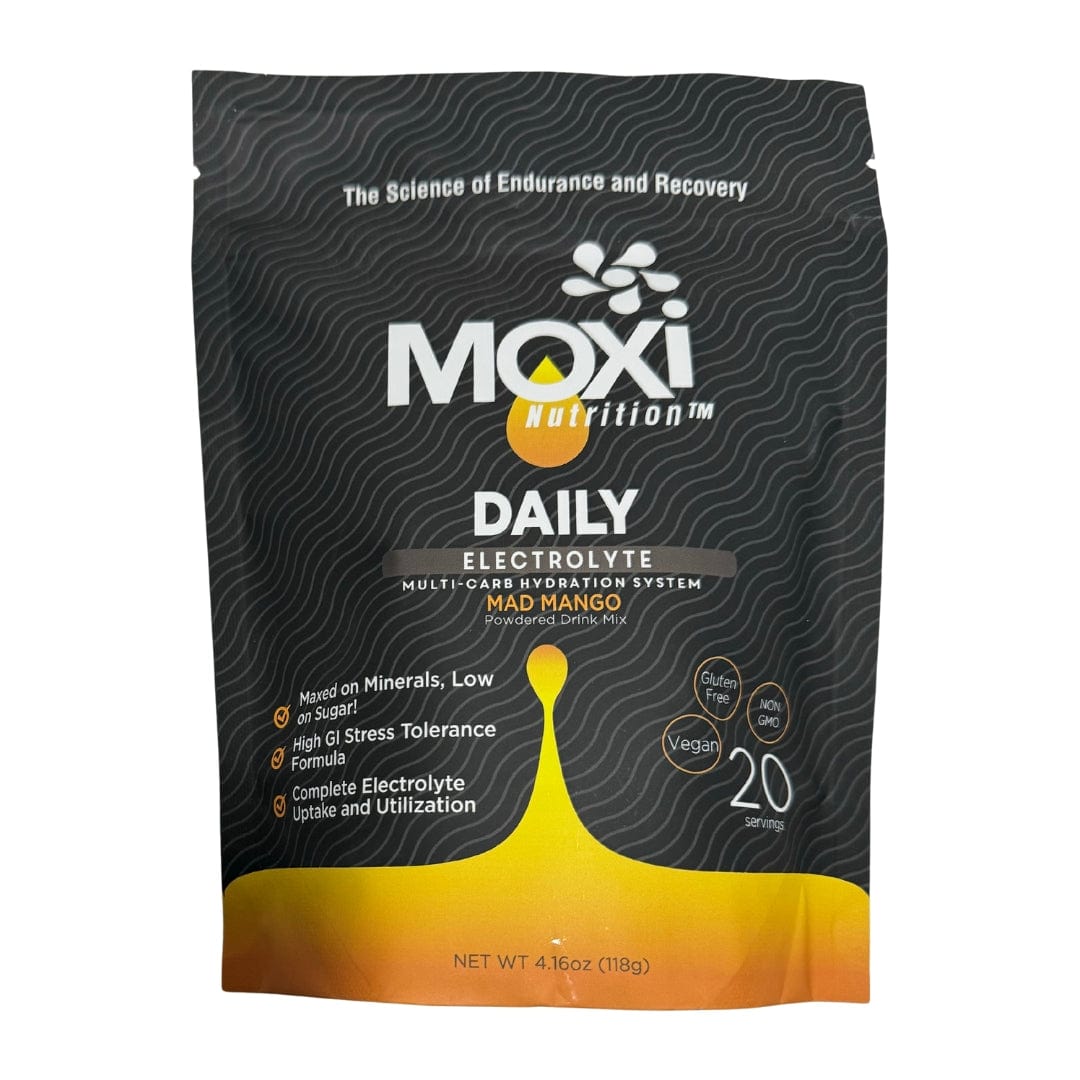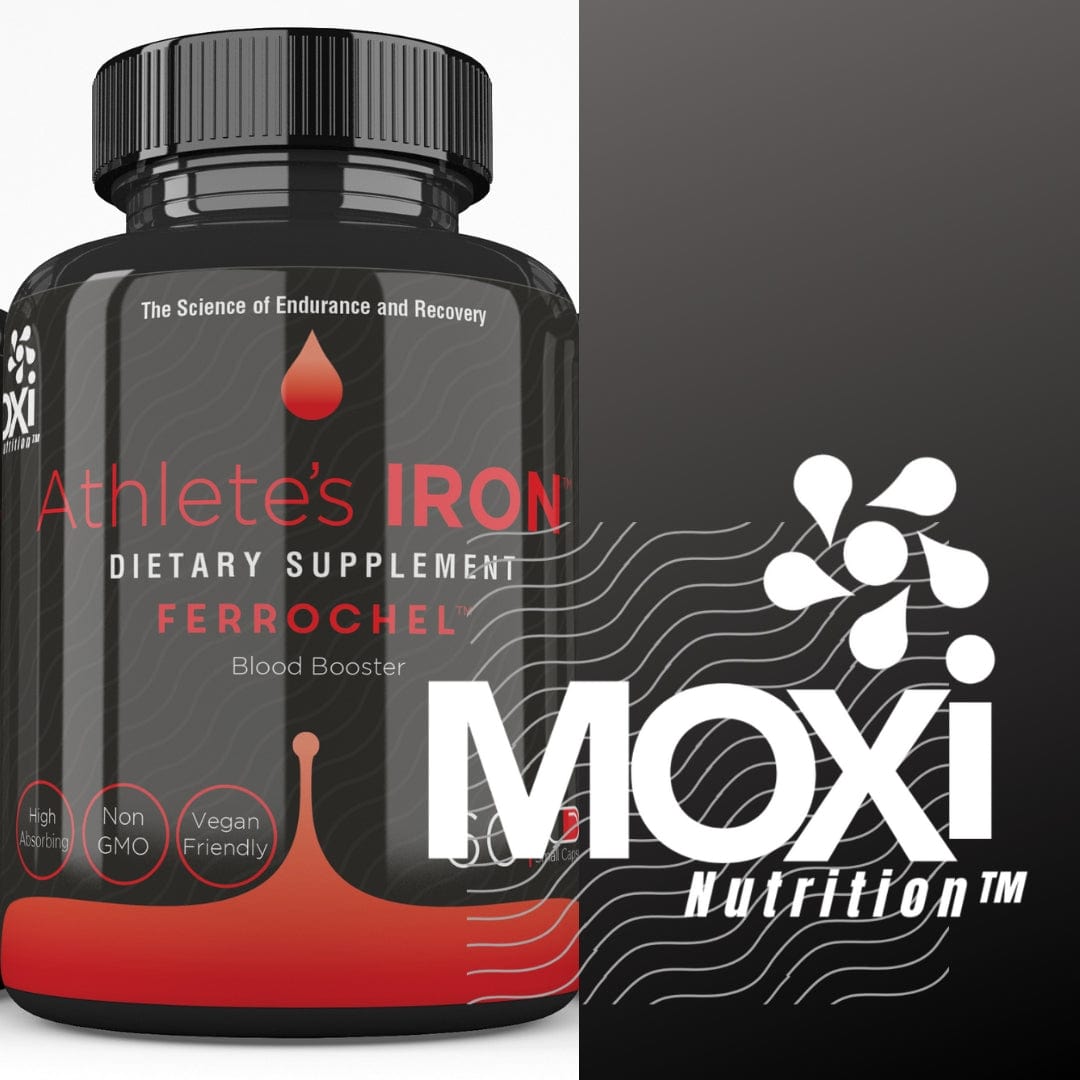Visualization Techniques: Can Nutrition Help?
 If you are not familiar with visualization techniques, this might be the year to start to learn more about them and implement them into your training.
If you are not familiar with visualization techniques, this might be the year to start to learn more about them and implement them into your training.
Visualization techniques can be valuable to athletes in a number of ways. They can help athletes to:
-
Improve their performance: Visualization can help athletes to improve their performance by helping them to:
- Identify and correct any flaws in their technique.
- Visualize themselves executing a perfect performance.
- Increase their confidence and self-belief.
-
Reduce stress and anxiety: Visualization can help athletes to reduce stress and anxiety by helping them to:
- Visualize themselves performing in a relaxed and confident manner.
- Focus on the positive aspects of their performance.
- Let go of negative thoughts and emotions.

-
Recover from injuries: Visualization can help athletes to recover from injuries by helping them to:
- Visualize themselves recovering from their injury and returning to their sport.
- Stay positive and motivated during their recovery.
-
Stay motivated: Visualization can help athletes to stay motivated by helping them to:
- Visualize themselves achieving their goals.
- Focus on the positive aspects of their training and competition.
- Stay positive and upbeat, even when things are tough.
There are a number of nutrients that can help athletes visualize better. These include:
- Spirulina:

-
- Protein: Spirulina is a complete protein, which means that it contains all nine essential amino acids.
- Vitamins: Spirulina is a good source of vitamins A, B1, B2, B3, B6, B12, C, E, and K.
- Minerals: Spirulina is a good source of iron, magnesium, manganese, copper, zinc, phosphorus, and selenium.
- Antioxidants: Spirulina is a good source of antioxidants, such as phycocyanin, beta-carotene, and lutein.
- Omega fatty acids: Spirulina is a good source of both omega-6 and omega-3 fatty acids, in an approximately 1.5–1.0 ratio. Plus, the quality of the omega-3 fatty acids in spirulina is comparable to that of fish oil.
- Omega-3 fatty acids: Omega-3 fatty acids are essential for brain health and function. They have been shown to improve cognitive function, including memory, attention, and focus.

- Caffeine: Caffeine is a stimulant that can improve alertness and focus. It can also help to improve reaction time and decision-making.
- This nutrient is also a gut stimulant, when used improperly or when the gut is compromised, can induce laxation.
- more research is found to show that this nutrient may not be beneficial to individuals carrying specific genes.
Which genes affect caffeine metabolism?
There are a number of genes that can influence how caffeine affects you. Some of these genes are involved in caffeine metabolism, while others are involved in how caffeine affects your mood, anxiety, and sleep.
One of the most important genes for caffeine metabolism is CYP1A2. This gene codes for an enzyme that helps to break down caffeine. People with certain variants of the CYP1A2 gene are slower at breaking down caffeine, which means that they experience the effects of caffeine for a longer period of time.
Another important gene for caffeine metabolism is ADORA2A. This gene codes for a receptor that caffeine binds to. People with certain variants of the ADORA2A gene are more sensitive to the effects of caffeine, which means that they experience the effects of caffeine more intensely.
In addition to these genes, there are a number of other genes that can influence how caffeine affects you. If you are concerned about how caffeine is affecting you, it is a good idea to talk to your doctor. They can help you to determine if you have any genetic variants that make you more or less sensitive to caffeine.
Here are some of the genes that can affect how caffeine affects you:
- CYP1A2: This gene codes for an enzyme that helps to break down caffeine. People with certain variants of the CYP1A2 gene are slower at breaking down caffeine, which means that they experience the effects of caffeine for a longer period of time.
- ADORA2A: This gene codes for a receptor that caffeine binds to. People with certain variants of the ADORA2A gene are more sensitive to the effects of caffeine, which means that they experience the effects of caffeine more intensely.
- COMT: This gene codes for an enzyme that helps to break down dopamine. People with certain variants of the COMT gene are slower at breaking down dopamine, which means that they are more sensitive to the effects of caffeine, which can increase their risk of anxiety and insomnia.
- DRD2: This gene codes for a receptor that dopamine binds to. People with certain variants of the DRD2 gene are more sensitive to the effects of caffeine, which can increase their risk of anxiety and insomnia.
- HTR1A: This gene codes for a receptor that serotonin binds to. People with certain variants of the HTR1A gene are more sensitive to the effects of caffeine, which can increase their risk of anxiety and insomnia.
- L-theanine: L-theanine is an amino acid that is found in tea. It has been shown to improve cognitive function, including attention, focus, and memory.
- Ginkgo biloba: Ginkgo biloba is a herb that has been used for centuries to improve cognitive function. It has been shown to improve memory, attention, and focus.
- Bacopa monnieri: Bacopa monnieri is an herb that has been shown to improve cognitive function, including memory, attention, and learning.

- Choline: A vitamin made by the body, has been found to be extremely functional for brain health, decision making skills, memory retention and brain plasticity.
- Choline is an up and coming sport nutrient with a lot of potential in the brain boosting and nootropic space of supplementation. It is the building block of cells and neurons.Choline is also a precursor to acetylcholine, a neurotransmitter that is involved in memory, learning, and movement.
Choline is a nutrient that is essential for brain health and function. It is involved in a number of cognitive processes, including memory, attention, and learning.
A study published in the journal "Nutrition" found that choline supplementation improved the ability of participants to visualize. The study participants who took choline supplements were better able to remember and recall images than those who did not take choline supplements.
Another study published in the journal "Neuroscience" found that choline supplementation improved the ability of participants to solve spatial problems. The study participants who took choline supplements were better able to visualize and manipulate objects in their minds than those who did not take choline supplements.
These studies suggest that choline supplementation can help with visualization techniques. If you are looking to improve your visualization skills, you may want to consider taking a choline supplement or increasing choline in your diet.
Here are some foods that are high in choline:
- Eggs
- Liver
- Beef
- Shrimp
- Salmon
- Peanuts
- Soybeans
- Broccoli
- Cauliflower
- Brussels sprouts
It is important to note that choline is a water-soluble nutrient, which means that your body does not store it. It is important to get enough choline from your diet every day.
It is important to note that these are just a few of the nutrients that can help athletes visualize better. There are many other nutrients that can also be beneficial. It is always best to consult with a registered dietitian or other qualified healthcare professional to determine the best diet for you.

In addition to eating a healthy diet, there are a number of other practices that athletes can do to improve their visualization skills. These include:
- Practice regularly: The more you practice visualization, the better you will become at it.
- Find a quiet place to practice: You need to be able to focus and concentrate when you are visualizing.
- Use all of your senses: When you are visualizing, try to use all of your senses. This will help you to create a more vivid and realistic image in your mind.
- Be patient: It takes time and practice to become good at visualization. Don't get discouraged if you don't see results immediately.
Visualization is a powerful tool that can help athletes improve their performance. By eating a healthy diet, practicing regularly, and using all of your senses, you can improve your visualization skills and reach your full potential.







